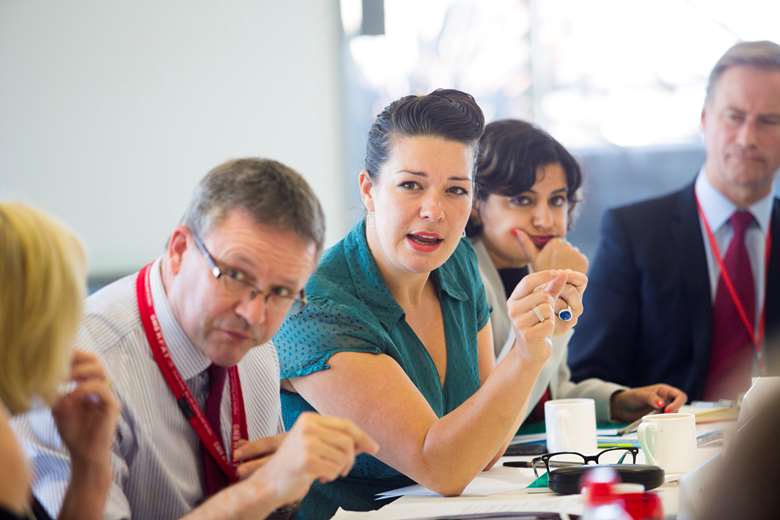Care system must address ‘recovery from trauma' of child sexual abuse
Ravi Chandiramani
Tuesday, July 21, 2015
Agencies are picking up sharp increases in child sexual abuse while many looked-after children urgently need more support to recover from the trauma of abuse that led to them entering care, according to an expert panel of professionals.

These were chief among a range of responses in an extensive debate on child sexual abuse, hosted this month by CYP Now in partnership with the Cambian Group. Participants comprised of professionals from local authorities, the voluntary sector, health, and academia.
The NSPCC’s recent How Safe Are Our Children? report suggested the number of sexual offences recorded by police in England against children under 18 rose by 39 per cent in 2013/14.
Participants confirmed how their local areas reflected the national picture. West Sussex Council head of safeguarding Sam Bushby explained: “To start with we need to see it as a good indicator that we’re finding more [child sexual abuse cases]. Actually, it’s not that it’s happening more, it means we’re identifying it and responding.”
Leeds City Council director of safeguarding Steven Walker said: “We have seen the numbers of children identified at risk of child sexual exploitation more than double over the past year. That’s partly about awareness, partly about an improved response… we’ve also seen a much better response from police in their awareness and willingness to hear the voice of children and respond.”
Participants stressed the importance of policy makers regarding child sexual exploitation (CSE) as one form of child sexual abuse rather than conflating the concepts.
There were also concerns expressed that much child sexual abuse remains hidden. Cllr Ralph Berry, lead member for safeguarding in Bradford said: “We’re understating the issue of abuse in BME [black and minority ethnic] communities and I’m increasingly concerned about the abuse of people with learning disabilities.”
The debate also explored the long-term impact of trauma in victims of sexual abuse. “Some of the things children end up doing, whether they have harmful sexual behaviour or become violent partners, you can trace back to the impact of trauma,” said NSPCC development manager Trish O’Donnell. “Most children who experience sexual abuse have experienced other forms of abuse. It doesn’t exist on its own.”
The NSPCC report also found that 62 per cent of looked-after children in England are in care due to abuse or neglect, while in Wales the proportion is 65 per cent.
“The care system should above all address the recovery from trauma because the majority have been abused or neglected,” said Jenny Clifton, principal policy adviser at the Office of the Children’s Commissioner for England.
“Children are saying to us that they are not being given the opportunity while they’re in care to recover from that trauma. Care leavers are saying CAMHS [child and adolescent mental health services] wasn’t there for years or at the right time.”
For their recovery, Clifton said that above all, children “need a relationship with someone who will stick with them, and then a plan to look at what they individually need for recovery”.
She added: “With the [government’s] adoption support funding, the description of that is very much around emotional support, recovery programmes for children. We need that for all children.”
You can read the full write-up in our special supplement, Child Sexual Abuse: A Professional Debate.




